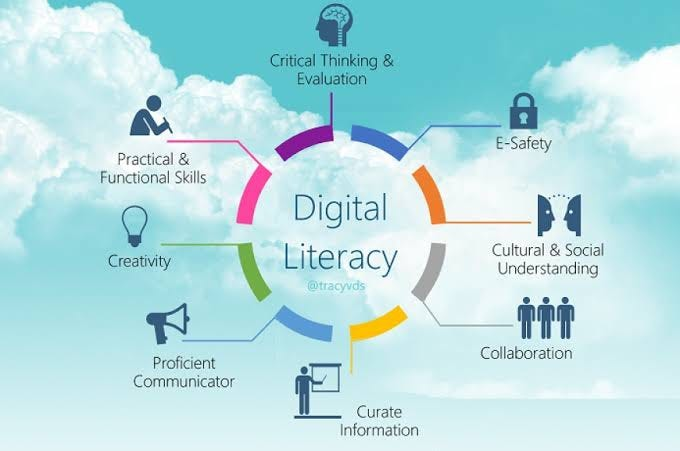Political Revolution Via Digitalization
- Adrija Ganguly

- May 8, 2021
- 3 min read
Updated: May 19, 2021
The Internet is playing a significant role in providing information to the public on political events, engaging its users, and encouraging them to get involved in offline political activities. The Internet has become vital for political discussions and political participation.
The political activities that involve showcasing one's political preference or extensive campaigning just before the start of the electoral process, have been often carried out by the conventional ways of formal affiliations to the political parties or traditional media gatekeepers. With the advent of the internet and massive usage of several social networking sites like Facebook, Instagram, etc the age-old practices in the political realm, which mainly focused on direct participation in the electoral process, are gradually fading.
In the 21st century, the digital space has played a major role in ensuring the participation and engagement of the masses, thus making it beyond any formal membership. Nevertheless, the huge popularity of social media among Gen Z and millennials has made it possible to grow and encourage their political interest.
It is clear that public participation in the traditional forms of democratic engagement (such as joining political parties, and trade unions) has declined in many developed countries, but the consequences of this are contested. On the one hand, some have expressed deep concern that these developments constitute a devastating effect on our democratic institutions.
Yet others take a more positive view and argue that rather than declining, democracy is being transformed and that citizens are looking beyond the established political institutions to find creative ways to express their political preferences and to achieve their civic and political goals. The internet is said to be the most provocative form of political participation.
The usage of social media in recent years has made it possible for renowned political personalities to directly pass their message or ideas to the masses via platforms like Twitter rather than rely on press conferences. Today, besides the mainstream media, there are several media platforms that mainly operate via social networking sites that provide authentic and first-hand information that enables people to make informed choices about their political preferences. The range of information available has been diversified and 'democratized'.
Contemporary youth have grown up with the Internet, and have become the fastest adopters of new technologies. This has enabled to trigger political interest, political information-seeking, and/or social pressure to become engaged in political acts and/or political discussions. In other words, social media is a major source of political knowledge, and that it indirectly affects the political interest of youth and has the potential to increase it.
People are increasingly posting online their views concerning politics and social issues, sharing news articles, 'following' political figures, watching videos connected to politics, and tweeting about politics. Also, the lack of resources to participate in traditional political institutions, the social networking sites has played an important role in making people including young adults to remain politically conscious.
The growth of digital space in the world has affected every aspect of our lives including the political lives of the masses. Today with the advent of the internet and the extensive use of social media around the globe, it has made politics more enriching and participatory. The use of the Internet and all other e-activities improves the knowledge of online users about politics and spurs political engagement and participation.
Conclusion
It has become a common practice for political parties to directly convey their information through their 'verified' accounts. Besides, with the massive popularity of the internet amongst the younger population of a nation, they are drawn towards developing political interest and thus make possible preferences. Thus, digital/cyberspace generated new trends for political participation and changed the patterns of political communication.
To read more, visit: Youth political engagement








Comments